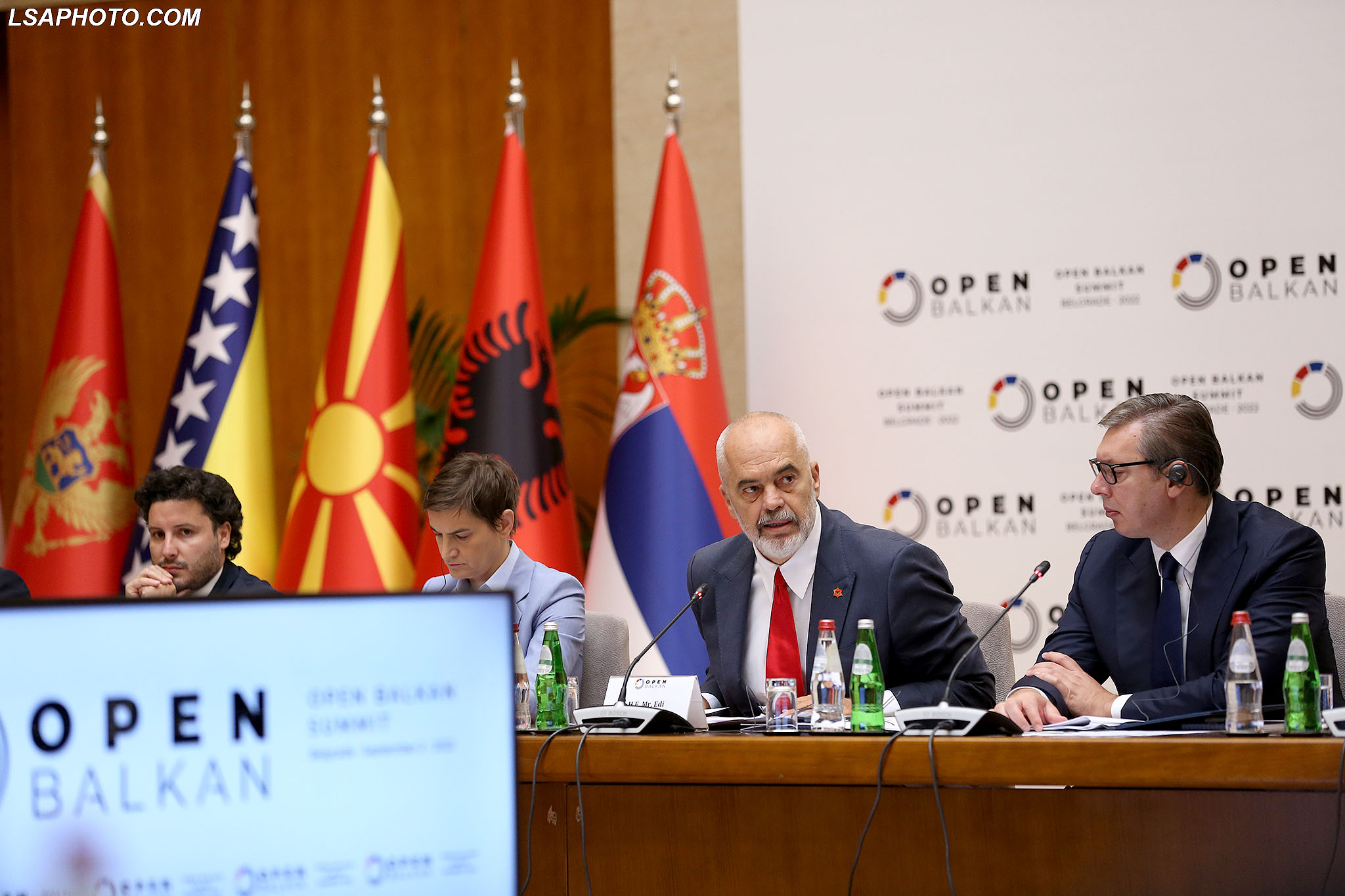A news story published in the Russian media about the increase in trade turnover of the European Union with Russia even after the war in Ukraine, tries to sell the readers an untrue story a few days after the EU banned the import of oil from Russia. After the entry into force of the ongoing sanctions, things have changed completely.
A few days after the new package of sanctions of the European Union came into force to block the import of Russian oil, Moscow’s official propaganda has published the news of the increase in trade exchanges with the countries of the Union. According to these reports in the Russian media , since the start of the war in Ukraine, trade turnover has increased by three quarters of the countries that have imposed economic sanctions. This rhetoric is clearly intended to show that, contrary to what they say publicly, Europeans continue to have economic relations or dependence on Russia.

The news was published on December 10 in the Albanian language on the hashtag.al portal, adhering to the original version previously published by official Russian agencies.

“As a result, Russia-EU trade turnover saw an increase of 28% in January-August 2022 compared to the same period a year ago and reached 191.5 billion euros. Of these, EU exports to Russia reached 36.2 billion euros, while imports from Russia reached 155.3 billion euros,” the article reads, among other things.
Increased trade figures at the peak of sanctions against a country certainly create hesitation at first sight. But in fact, the statistics are half the truth of what is happening in reality since the Russian aggression against Ukraine. Verification of “Faktoje” brings several arguments why the conclusions based on these figures are not correct.
First, the statistics are based on the value of trade transactions and not the quantities of goods and products exchanged. If the prices of the EU’s main import products from Russia, oil and gas, have multiplied during the post-war months, the value of the transaction carried out for these products is higher despite the decrease in the traded quantity.
Beyond the doubts of skeptics about the will of the EU, reductions in Russian gas are a fact made a reality in the first months of the war by the Russian company Gazprom, which without warning reduced the amount of supply by 20-40% due to “technical problems” .
We must recall that the EU has gradually started reducing its dependence on Russian gas and oil due to the lack of alternative sources. After some saving measures and provision of reserves, the European Council only approved the eighth package of sanctions on October 6, 2022, a package which also included the blocking of Russian oil, with entry into force on December 5.
More specifically, the official data of EUROSTAT prove the significant decrease of imports of Russian goods from EU countries since the beginning of the war. These data speak of a decrease of 9.570 billion euros in the imports of the 27 countries of the European Union from March to September.

The decline in trade has started since March, after the war in Ukraine started
In order to have a clearer overview of the statistics, we sought the help of the expert Ines Nurja, former director of the Institute of Statistics – INSTAT. “There is no doubt that exports and imports with Russia have fallen in both volume and value over the past few months. If the comparison is made with the last quarter of this year, compared to the same period a year ago, the decline is even more significant.” – says Mrs. Nurja.
The two graphs below are the result of this comparison of the figures of the third quarter of this year with the same period last year by EUROSTAT, proving the decline in both imports and exports to Russia.


Chart of EU imports from major trading partners Chart of EU exports to major trading partners
The balance is expected to deepen even further after the entry into force of EU sanctions against Russia on December 5 related to Russian oil, one of the most sold products in Europe from the Russian Federation.
Both the World Bank and the IMF estimate that in 2022 Russian trade in goods and services will decline significantly. In 2023, exports will continue to decline, while imports are expected to be higher than in 2022.

https://www.consilium.europa.eu/en/infographics/impact-sanctions-russian-economy/?utm_source=instagram.com&utm_medium=social&utm_campaign=20221212-sanctions-impact-trade&utm_content=vignette
Edited by Viola Keta & Aimona Vogli






